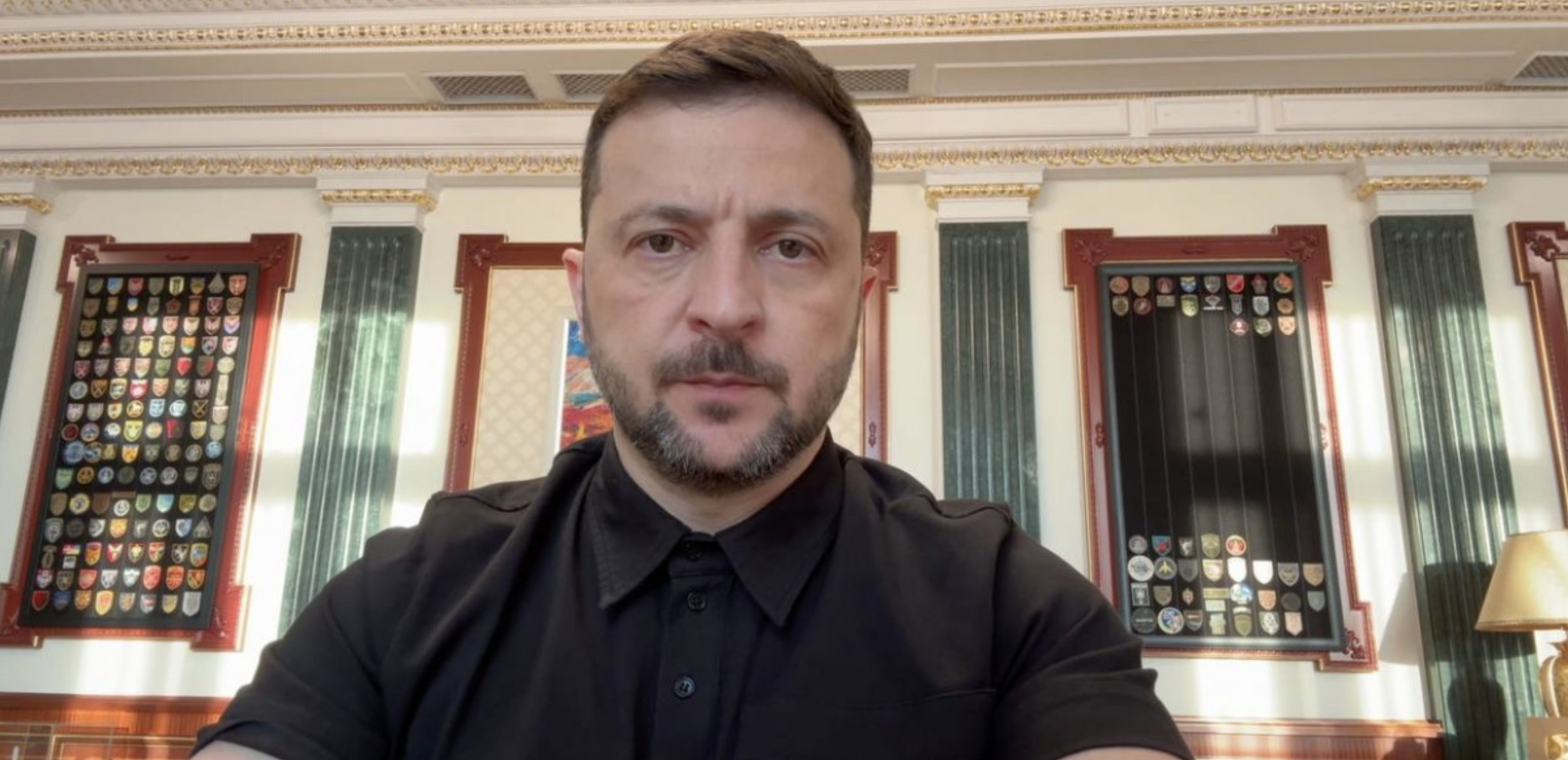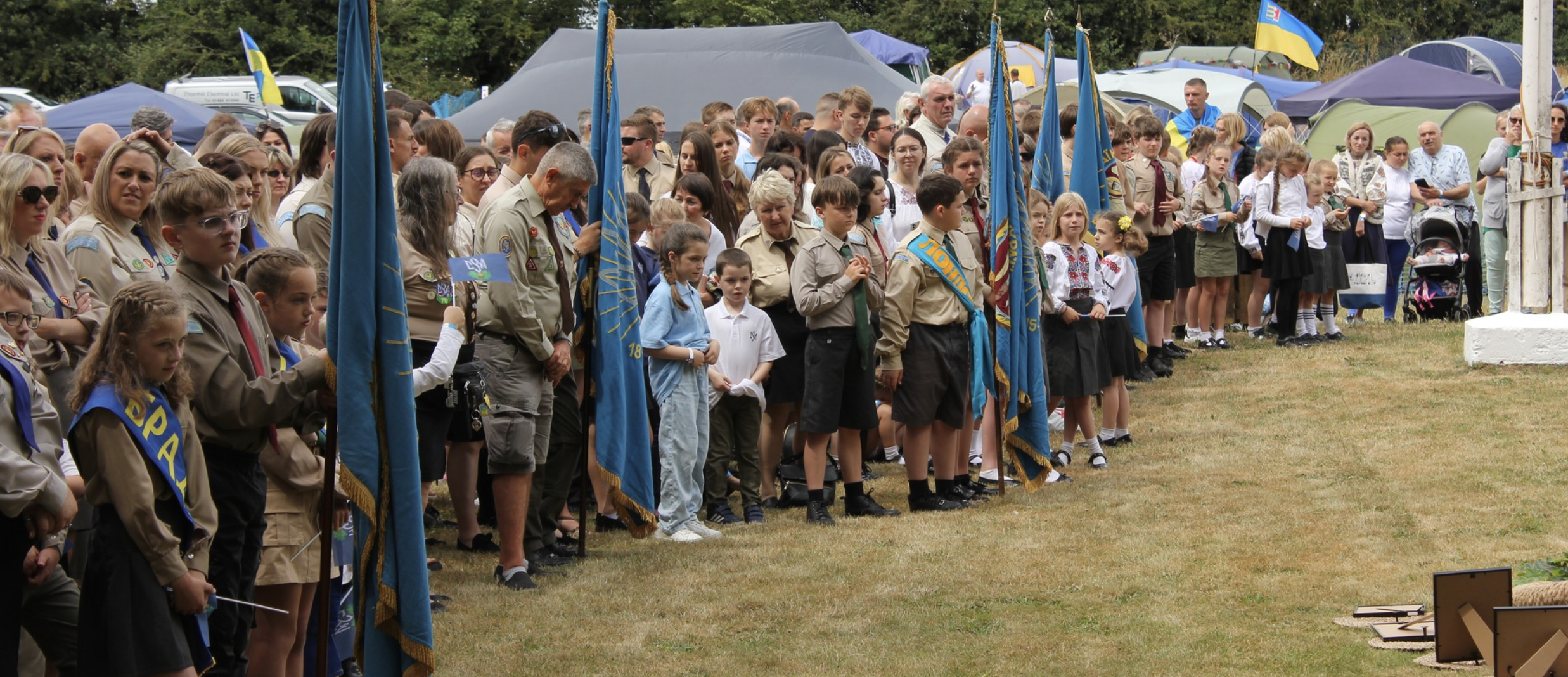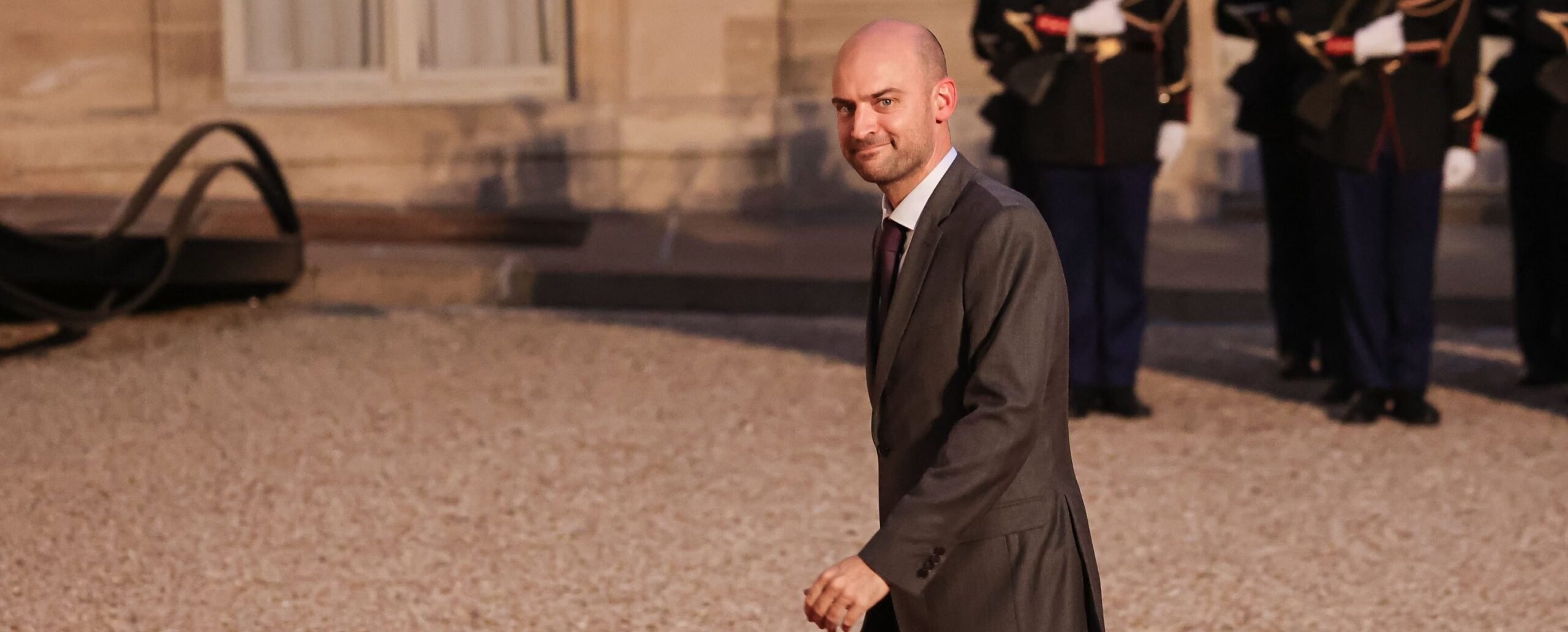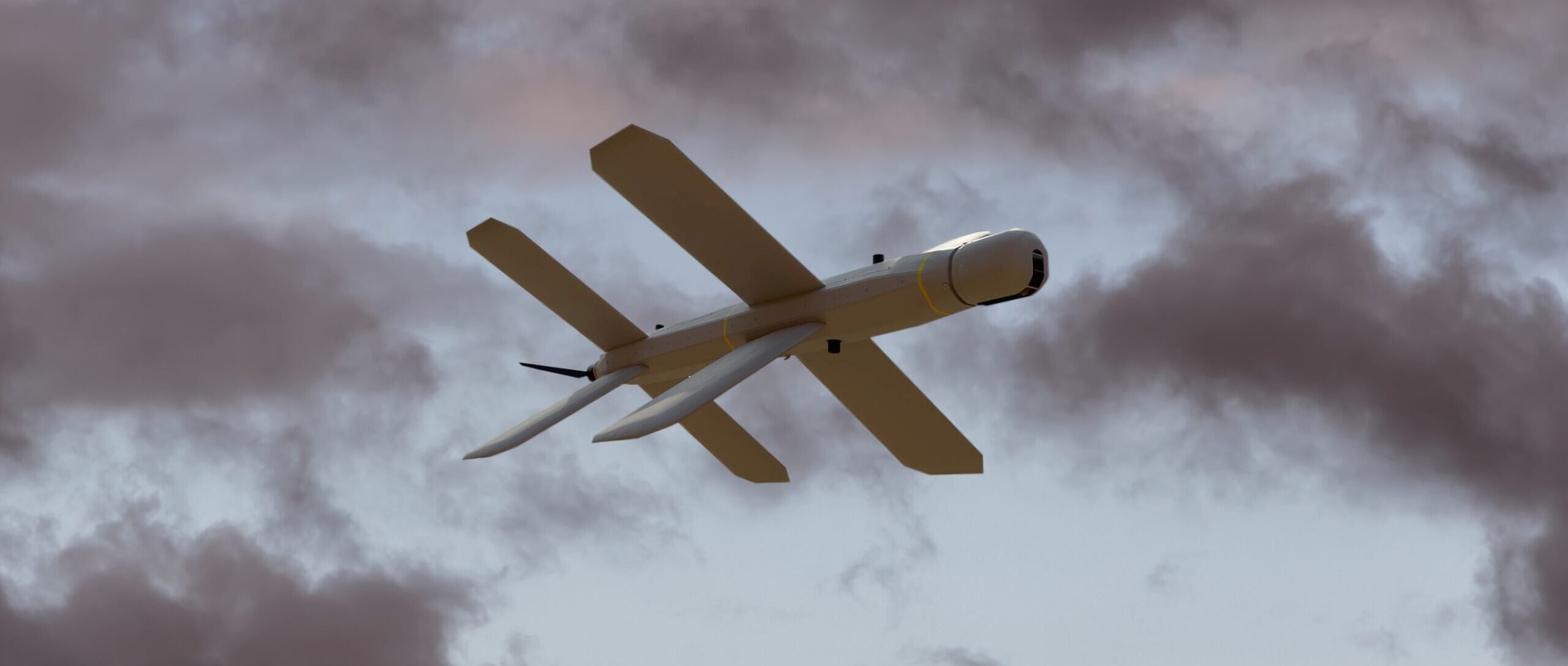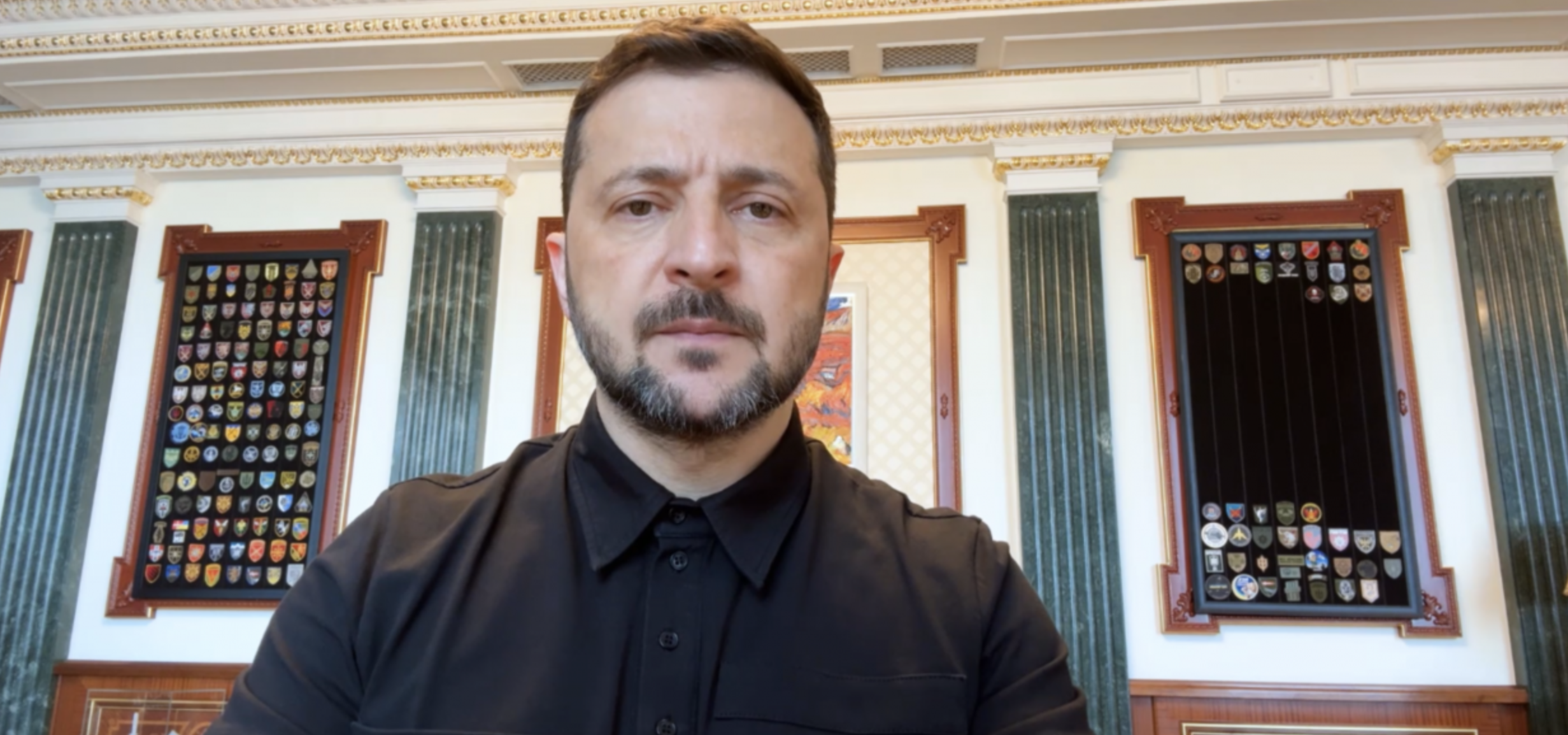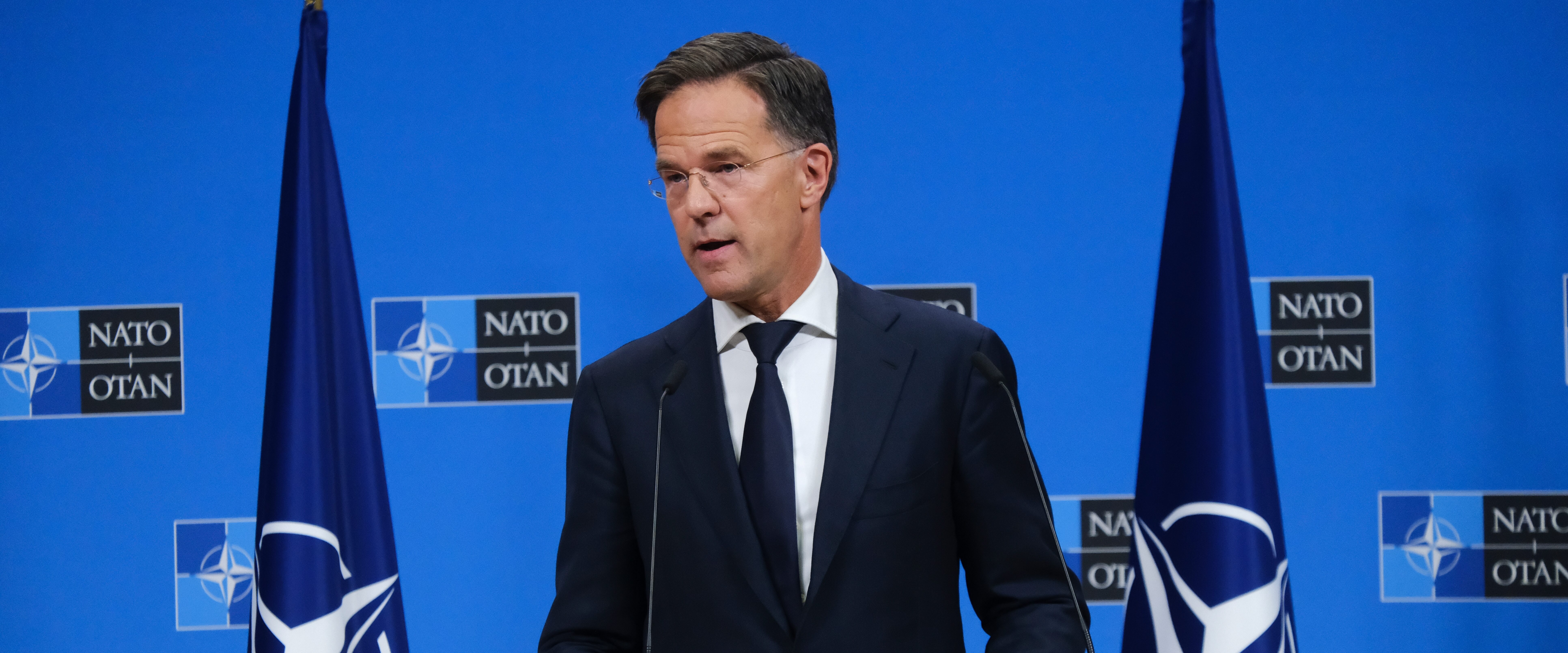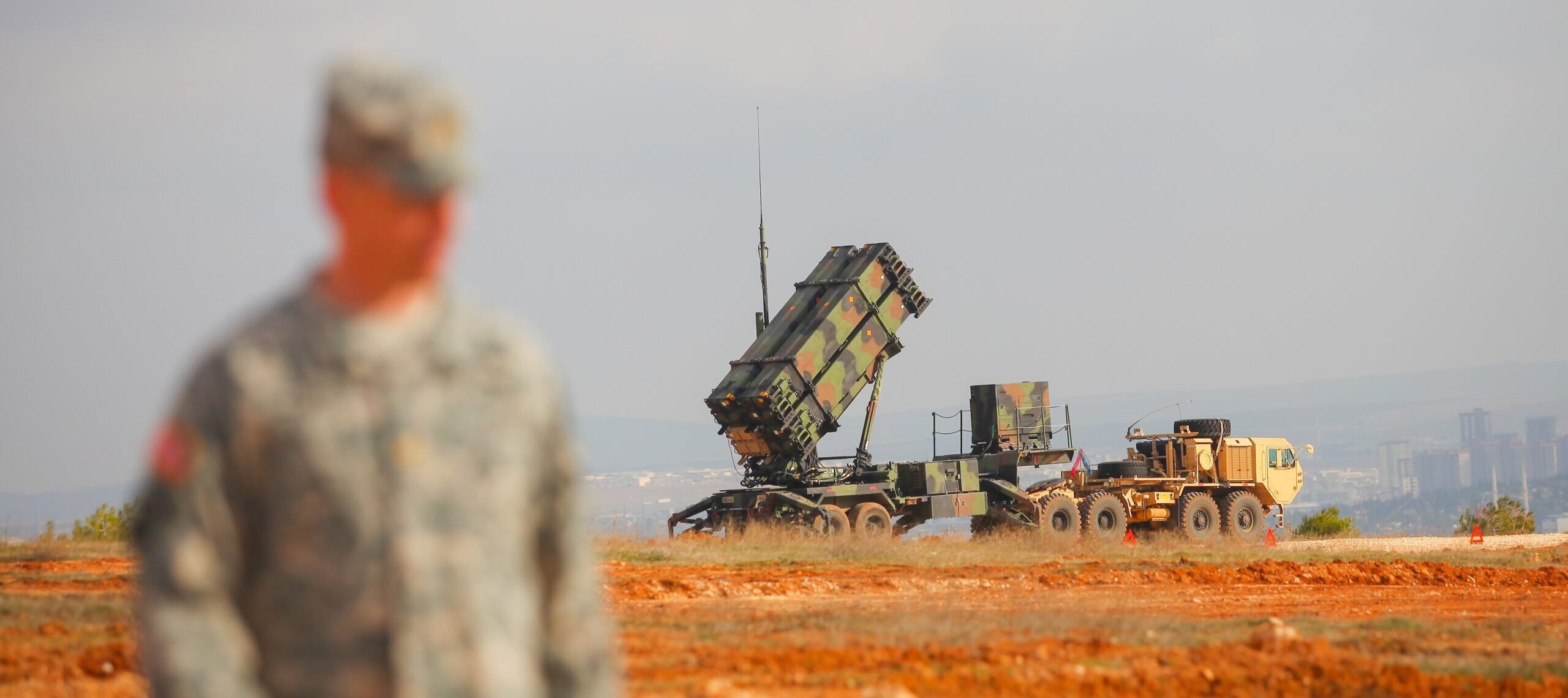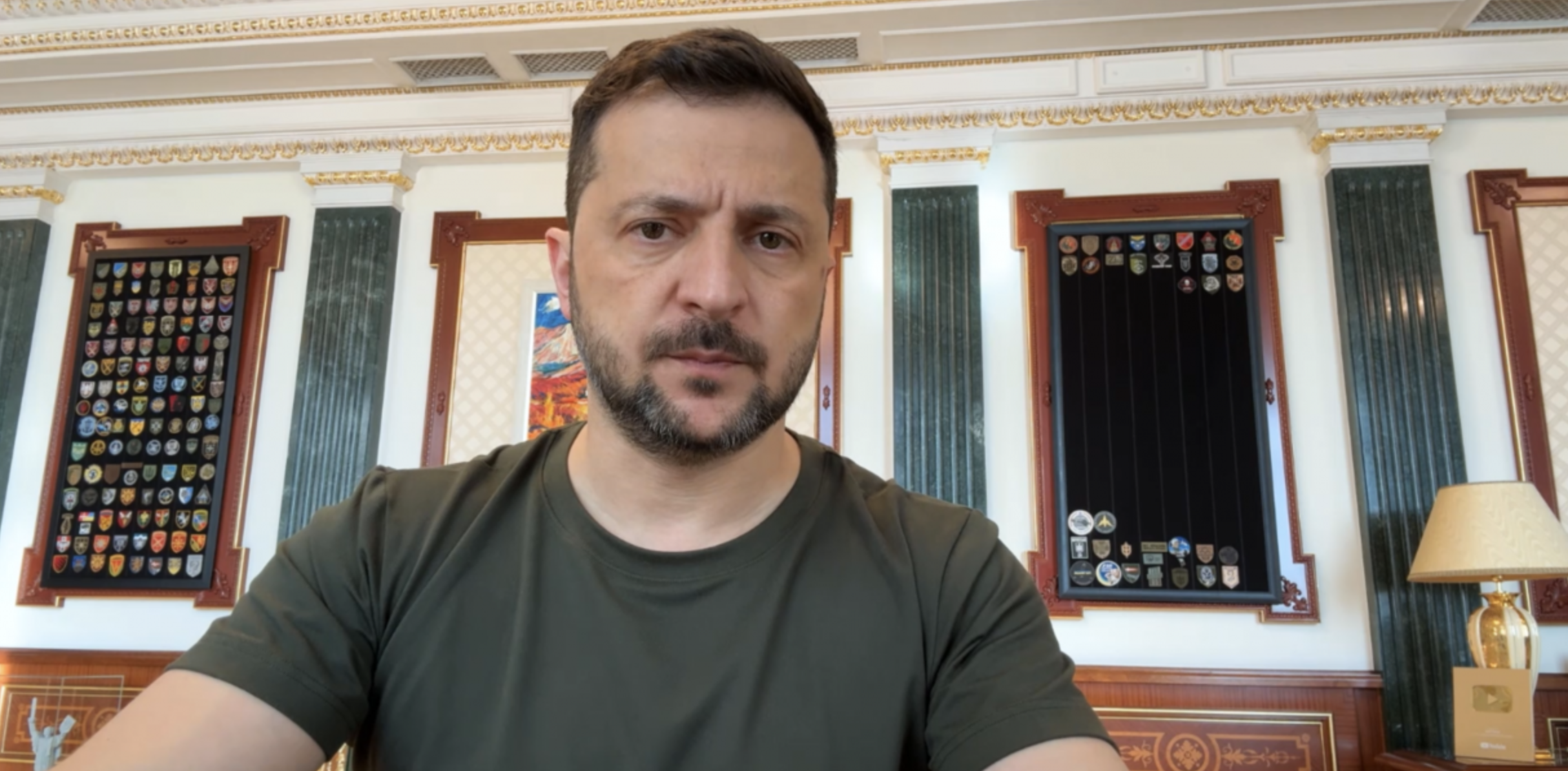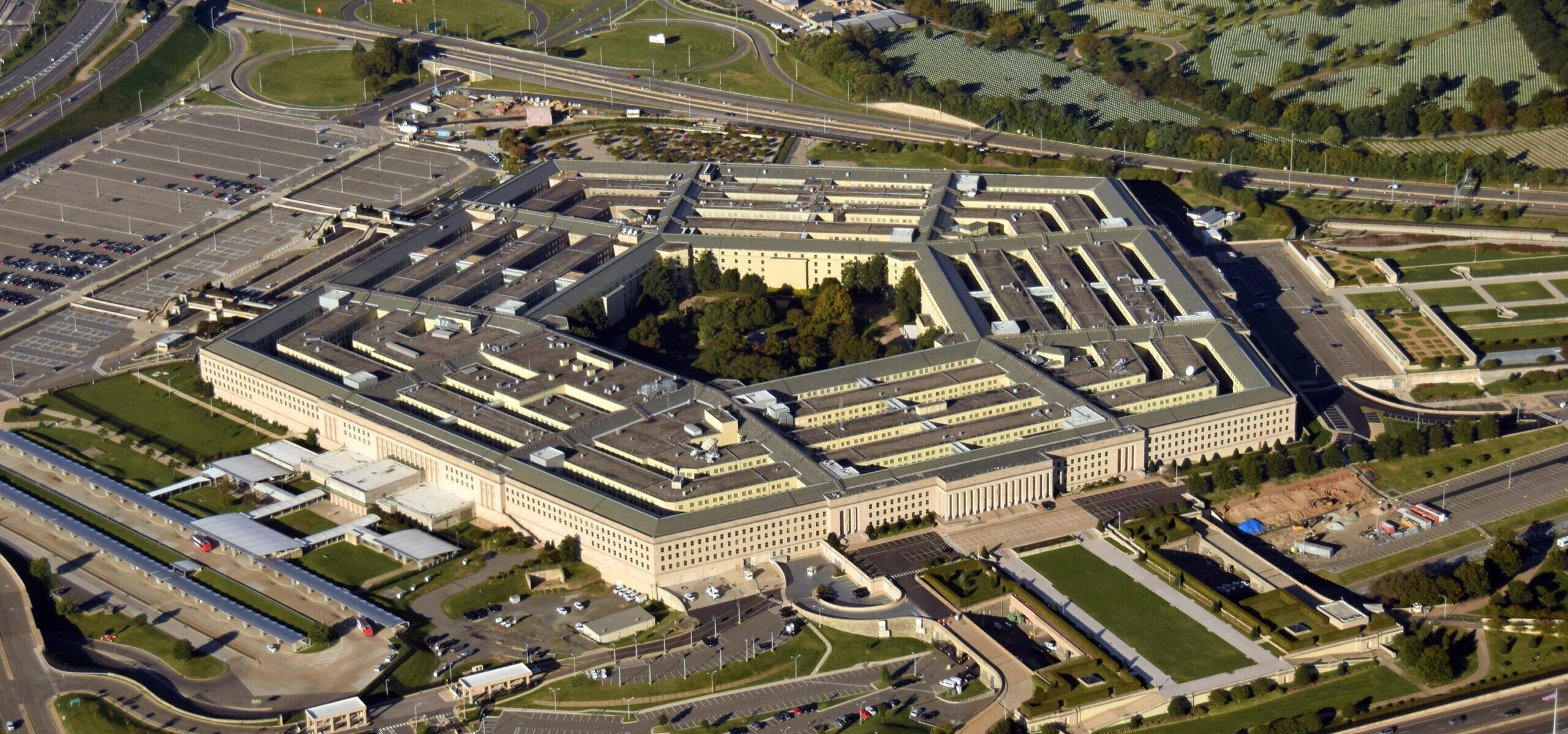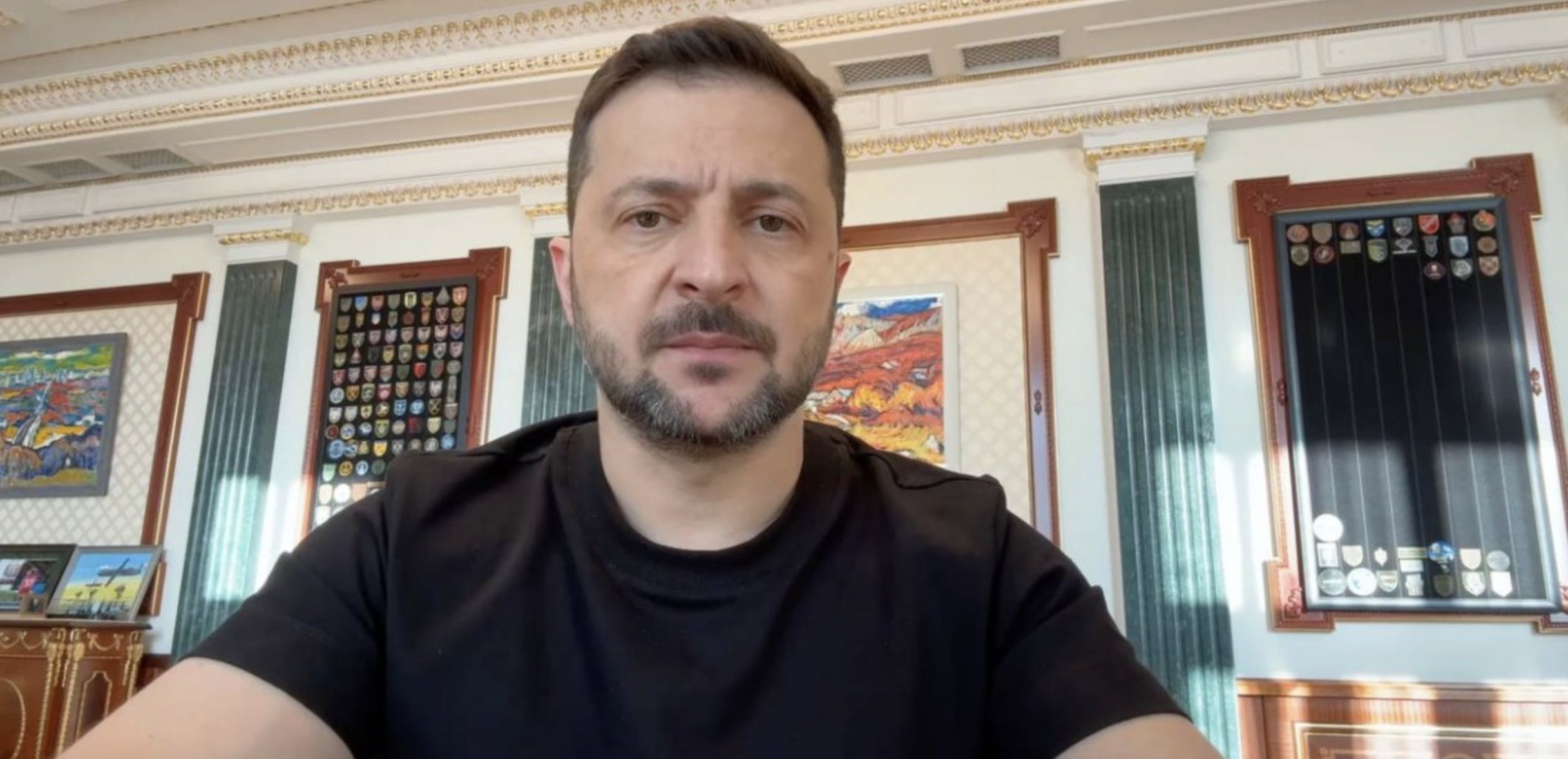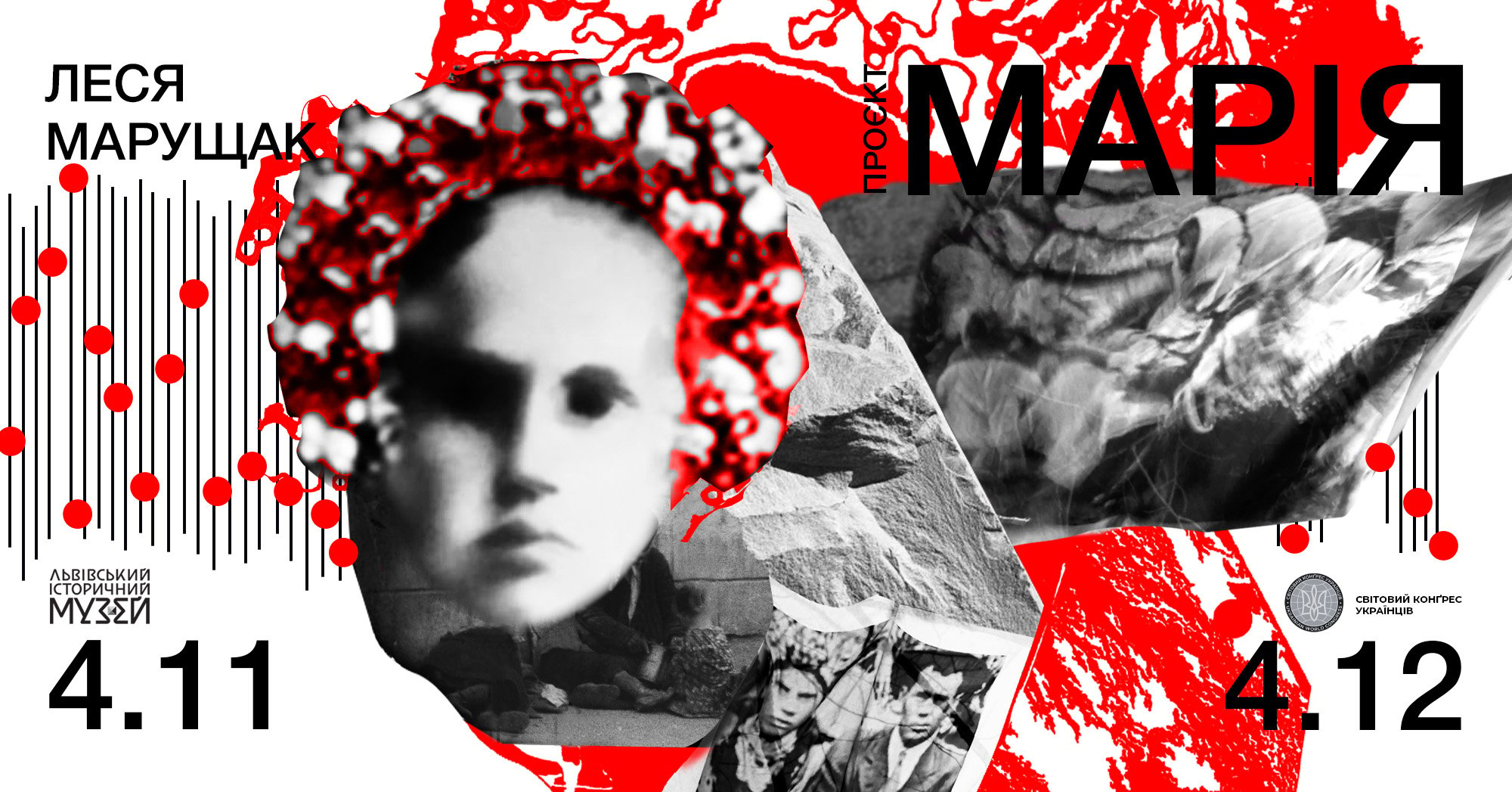
November 4, 2021 – Lviv. The Project MARIA two-year tour of Ukraine, curated by Kateryna Radchenko, opened at the Lviv Historical Museum in November 2021. The Project MARIA Ukraine tour, financially supported by the UWC, is the seminal work of Ukrainian Canadian artist Lesia Maruschak. This award-winning body of work memorializes the Holodomor — a state-sponsored genocide by starvation in Soviet Ukraine.
“I wanted to avoid the monolithic language and form of traditional memorials, but instead create an abstract space that would confront the viewer with loss. For me, this project is also a contribution to the dialogue on social justice and human rights. Thanks to its international success, MARIA talks about the Holodomor to a wider audience with different backgrounds, and its presentation in Ukraine is part of an effort to build a collective memory of the genocide, which has long been silenced,” commented artist Lesia Maruschak.
“For more than 50 years, the UWC has called on national governments to recognize the Holodomor as genocide of the Ukrainian people, uphold the historical truth, and work with Holodomor witnesses and descendants of Holodomor victims. Ukraine remembers – the World acknowledges,” emphasized Director of the UWC Mission to Ukraine Serhiy Kasyanchuk.
The project is named after Maria F., a Holodomor survivor who lives in Canada. Her family photograph and story were one of Maruschak’s key inspirations.
The image of Maria embodies the memory of millions of people, her story is a compilation of many reminiscences. The author’s works convey an emotional and rational response to the crime, formed on the basis of the stories of Holodomor survivors. Lesya Maruschak collects visual evidence and verbal stories in the Ukrainian community in Canada and gives a voice to the victims of genocide. The exhibition will feature vernacular photographs in the author’s interpretation from the series Counting, Transfiguration and Erasure.
“Invisible confrontation, tension, and pressure permeate the space of the exhibition hall. For example, a photograph of an empty bowl and grain, presented in an unusually large format, creates the illusion of accessibility, but the size is so large that it repels and demonstrates inaccessibility,” — explains curator Kateryna Radchenko.
Project MARIA has been shown in nine countries, the book based on the project was shortlisted for Rencontres d’Arles Photobook Award in France (2019) and received the Grand Prix Award and Best Book Design Award at the International Book Arsenal Festival in Kyiv (2019).
In September 2020, The Guardian recognized Project MARIA as a not-to-miss exhibition at the 2019 Landskrona Fotofestival. The first exhibition in Ukraine opened in autumn 2020 at the National Museum of the Holodomor Genocide (Kyiv). After Lviv, the exposition will travel to Kharkiv and Dnipro, followed by additional cities in Ukraine.
Project MARIA’s 2020-2023 Tour of Ukraine is a project of the Ukrainian World Congress.
To learn more, please, visit the artist’s website:
Facebook and Instagram pages of the project:
https://www.facebook.com/TheRealProjectMARIA
https://www.instagram.com/therealprojectmaria/
Background
Lesia Maruschak was born in 1961 in Saskatoon, Canada. Currently, she works and lives between Alvena and Ottawa. The artist overlays and reconfigures traditional notions of imagery, often using the medium of photography as the subject itself. Her work frequently explores marginalized histories and notions of cultural identity. Her works are represented in the collections of The National Art Library, Victoria & Albert Museum in London, Thomas Watson Library at the Metropolitan Museum of Art in New York, the Maison Européenne de la Photographie in Paris, Boston Athenaeum in Boston, City of Ottawa Art Collection in Ottawa, among many others.
Kateryna Radchenko is a curator, researcher of photography, and lecturer. Her research focuses on manipulation, propaganda, and vernacular photography. Curator and founder of the international festival of contemporary photography Odesa Photo Days.
